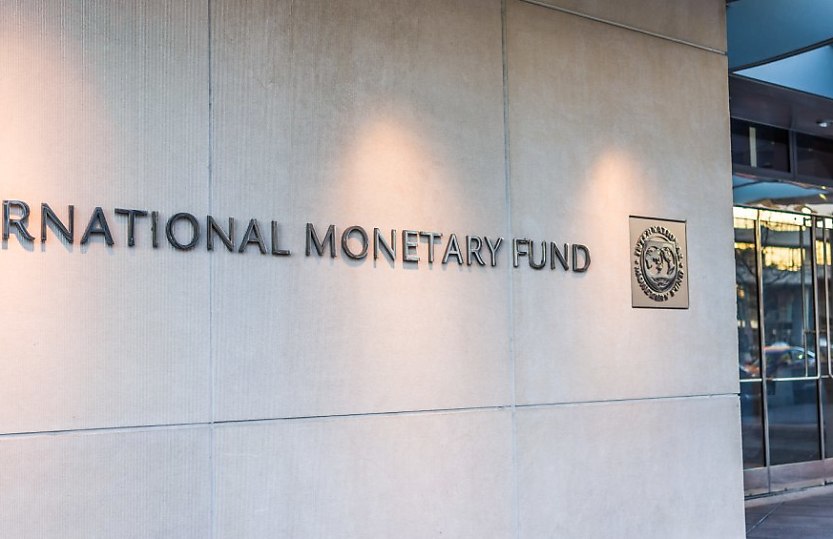IMF calls on Canberra to phase out property, super tax breaks

The organisation has said scrapping the capital gains discount and superannuation concessions would create a “more equitable and efficient” system.
The International Monetary Fund (IMF) has called on the government to make the tax system “more equitable and efficient” by phasing out CGT and superannuation concessions.
The recommendations come as part of the IMF’s latest assessment of the Australian economy, which was deemed “resilient” and expected to gradually accelerate by 2025.
But to bring down inflation while “nurturing growth and preserving financial stability”, the IMF said property tax reform should be prioritised in the short term. In the medium term, the organisation recommended an overhaul of the entire tax system.
“Tax breaks, including from capital gains tax discount and superannuation concessions, could be phased out to generate a more equitable and efficient tax system,” the IMF said in the concluding statement of its 2024 Article IV Mission last week.
CGT and the superannuation concession cost the government nearly $65 billion in foregone revenue this year, according to an analysis from the Australia Institute.
Over 82 per cent of the CGT and over a third (34 per cent) of the superannuation concession also went to taxpayers in the top 10 per cent.
The IMF said limiting concessions available to property investors as part of a "holistic policy package" could also alleviate Australia’s housing crisis.
"Australia faces a significant housing supply shortfall, exacerbated by structural challenges such as restrictive planning and zoning regulations, high land costs, infrastructure deficits, and residential dwelling investment around decade lows," it said.
"These barriers, coupled with high interest rates, elevated building costs, and labour shortages, have led to a substantial backlog in housing development, contributing to escalating prices and affordability concerns."
“To address these issues, a comprehensive strategy is essential, focusing on increasing construction worker supply, relaxing zoning and planning restrictions, supporting the built-to-rent sector, expanding public and affordable housing, and re-evaluating property taxes (including tax concessions to property investors) and stamp duty to promote efficient land use,” it said.
The report did not explicitly mention negative gearing reform, but the government said last month it had “no plans” to scrap the measure despite recent pressure from the Greens.
In addition to reforming property taxes, the IMF called for fiscal spending restraint and policy reforms to improve “efficiency and fairness, reducing reliance on direct taxes and high capital costs that hinder growth”.
Critics of superannuation tax concessions say that while they were designed to encourage saving, they are contributing to worsening inequality due to being used by the wealthiest to minimise taxes.
Last year, the government announced it would reduce concessions available for superannuation balances over $3 million, introducing a headline rate of up to 30 per cent.
About the author







